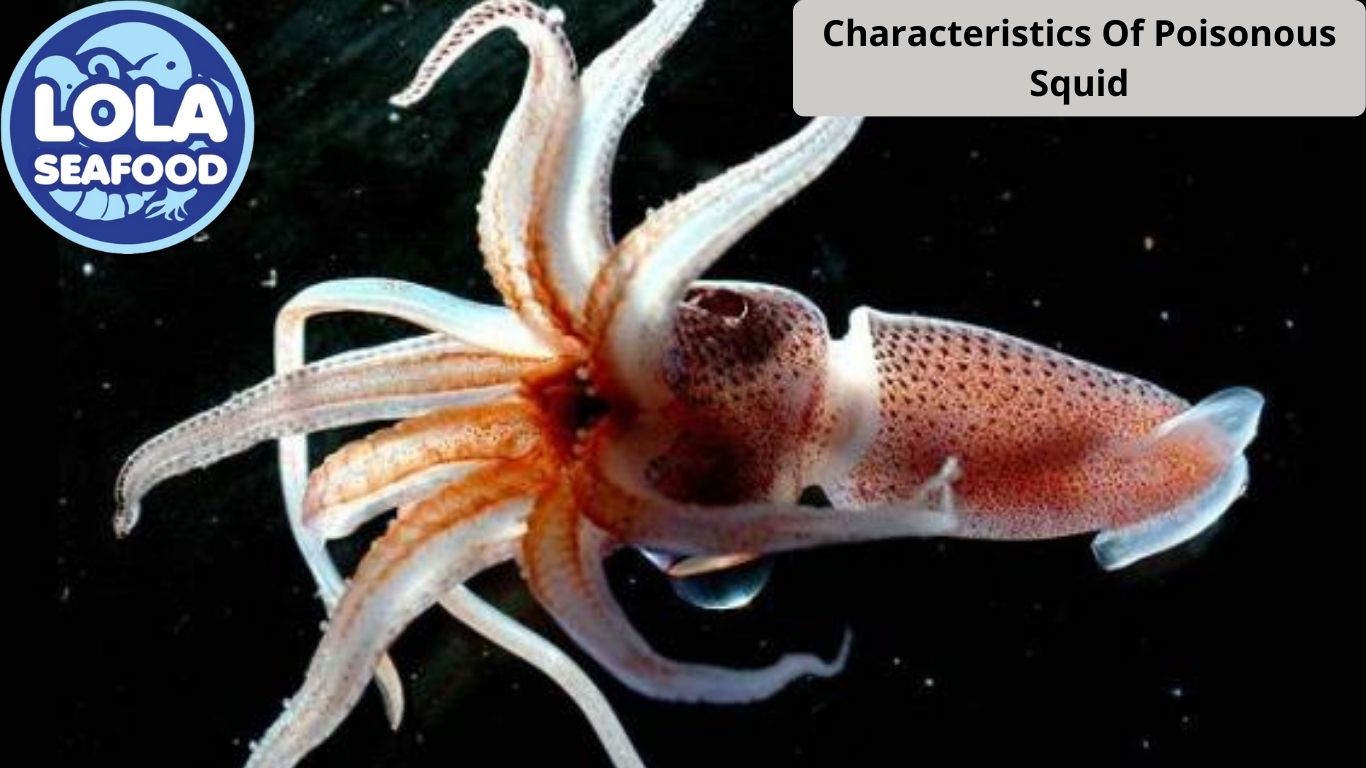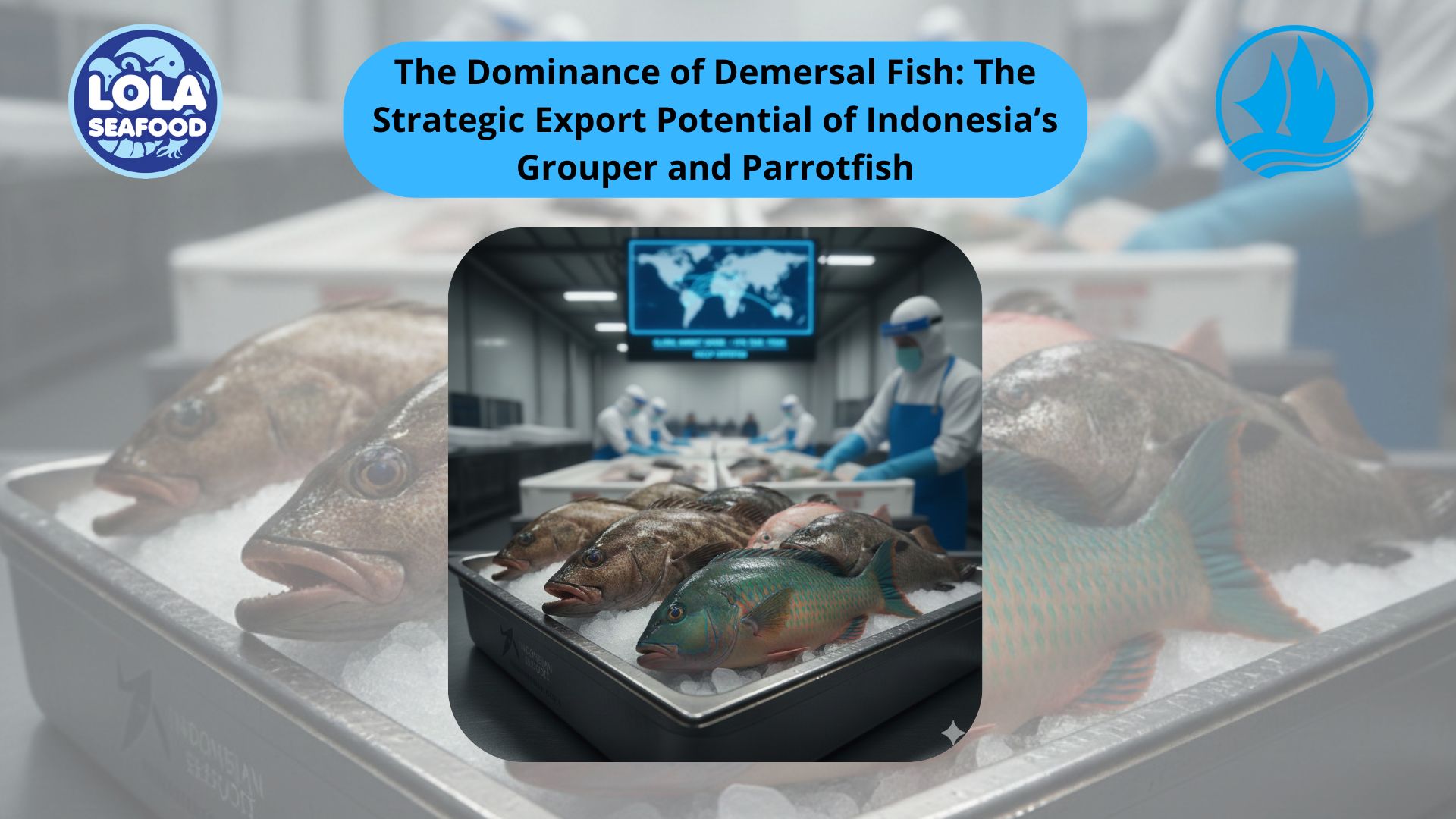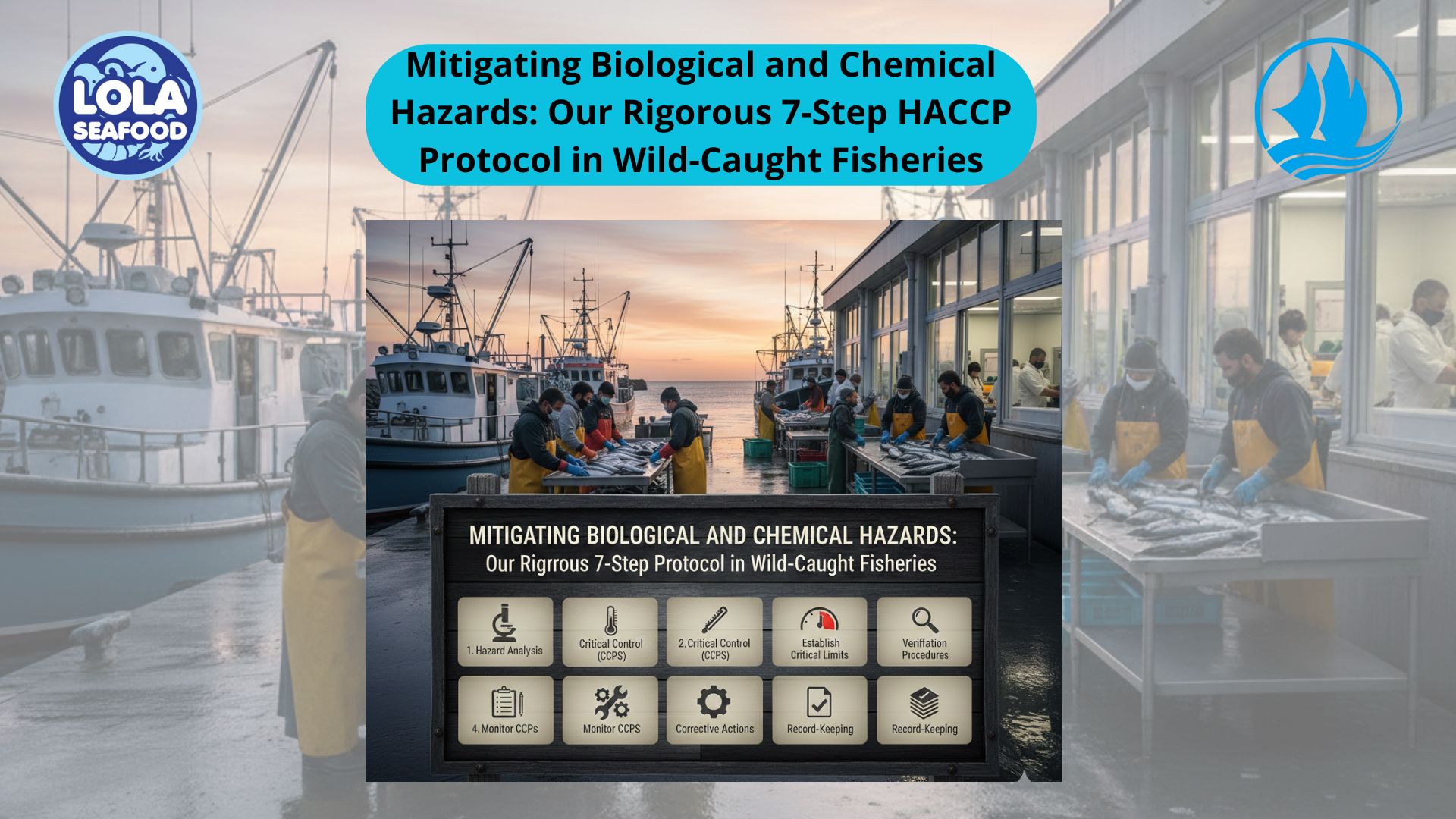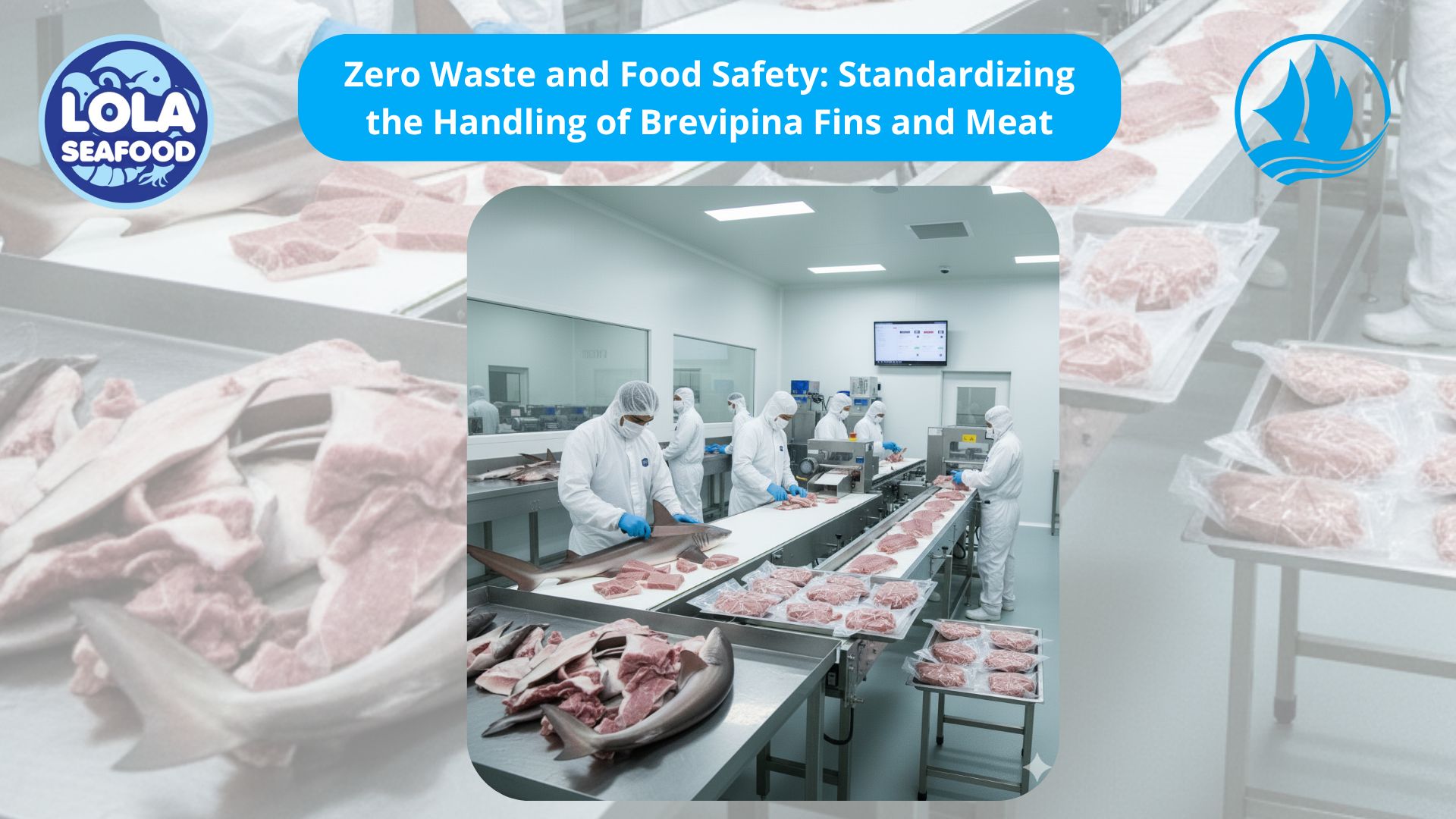6 Characteristics Of Poisonous Squid
By. Najih - 04 Dec 2024
Poisonous squid, such as the striped pyjama squid and flamboyant cuttlefish, possess unique characteristics. They can deliver toxins through bites, with some containing neurotoxins like tetrodotoxin. Their vibrant colours often serve as warnings to predators, indicating their toxicity. Additionally, many cephalopods, including these squids, can change colour and texture to blend into their surroundings or to signal danger.
Striped Pyjama Squid (Sepioloidea lineolata)
- Habitat: Found in the Indo-Pacific region, typically inhabiting sandy or rocky areas near seagrass beds.
- Size: Grows to about 7 to 8 centimetres (2.8 to 3.1 inches) in length.
- Colouration: Features distinctive white and brown stripes, which can change to dark brown or purple for camouflage or when threatened.
- Defence Mechanisms:
- Toxic Slime: Secretes a toxic slime from glands when attacked, which can deter predators.
- Inking Behaviour: Expels ink to create a smokescreen for escape.
- Feeding: Predatory, feeding on fish, shrimp, and crustaceans. Uses two feeding tentacles equipped with suckers to capture prey.
Blue-Ringed Octopus (Genus Hapalochlaena)
- Habitat: Found in tide pools and coral reefs in the Pacific and Indian Oceans.
- Size: Small, typically measuring 12 to 20 cm (5 to 8 inches).
- Colouration: Characterized by yellowish skin with blue and black rings that become vibrant when threatened, serving as a warning.
- Venom:
- Contains tetrodotoxin, a potent neurotoxin that can cause paralysis and respiratory failure.
- Capable of delivering enough venom to kill multiple adult humans within minutes.
- Defence and Behaviour:
- Prefers to hide in crevices and uses camouflage to avoid detection.
- Changes colour rapidly as a warning display when threatened.
General Characteristics of Poisonous Squid
- Toxicity: Many squids and cephalopods possess venomous capabilities, with some being both venomous and poisonous.
- Camouflage: Ability to change colour and texture for both hunting and defence.
- Predatory Nature: Most are carnivorous, preying on smaller marine animals.
- Reproductive Behaviour: Many species exhibit unique mating rituals, often with males displaying specific behaviours to attract females.
These characteristics highlight the fascinating adaptations of poisonous squids, making them both intriguing and potentially dangerous creatures in marine ecosystems.

The Dominance of Demersal Fish: The Strategic Export Potential of Indonesia’s Grouper and Parrotfish


.jpg)


.jpg)

